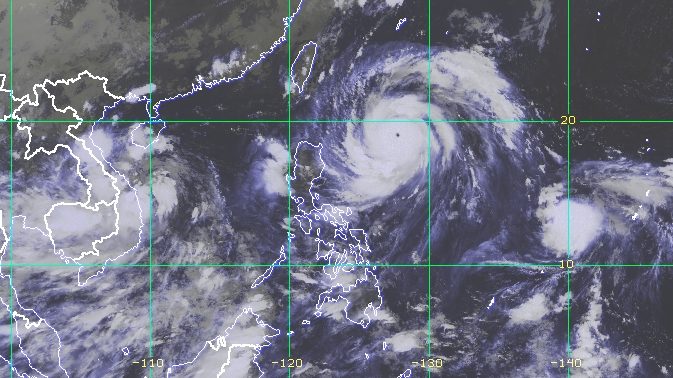SINGAPORE: A study co-led by researchers from Rowan University in the US, NTU Singapore, and the University of Pennsylvania has unveiled significant changes in tropical cyclone patterns in Southeast Asia, revealing that tropical cyclones in the region are now forming closer to coastlines, intensifying more rapidly, and persisting longer over land.
This shift, attributed to climate change, poses an unprecedented threat to millions living in coastal areas.
The study, which analyzed over 64,000 modelled storms from the 19th century through the end of the 21st century, underscores a troubling trend: tropical cyclones increasingly develop near coastal regions and move more slowly once they land.
This behaviour significantly heightens the risks for cities such as Hai Phong, Yangon, and Bangkok, which may face longer-lasting and more severe storms than previously experienced.
Tropical cyclones, characterized by powerful rotating winds and heavy rainfall, typically form over warm ocean waters in the tropical zone. These storms thrive on the heat and moisture these waters provide, and recent warming trends exacerbate their intensity and longevity.
The study’s findings suggest that as ocean temperatures rise, cyclones can draw more energy from the increasingly warm waters, leading to stronger and more persistent storms.
The research is notable for its comprehensive approach, incorporating data from various climate models to trace cyclone patterns across three centuries.
This marks the first time such a broad historical perspective has been applied to understanding changes in tropical cyclone behaviour in Southeast Asia.
The study is part of NTU Singapore’s S$50 million Climate Transformation Programme (CTP), an interdisciplinary initiative hosted by its Earth Observatory of Singapore and funded by Singapore’s Ministry of Education.
The CTP’s goal is to advance climate research, foster innovative solutions, and prepare future leaders to address the challenges of climate change, thereby ensuring a resilient and sustainable future for Southeast Asia. /TISG

